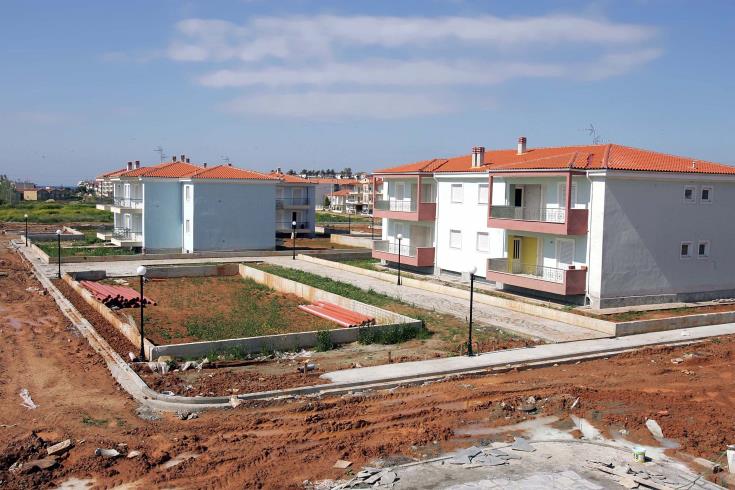01.05.2022
It was normal and acceptable for the local population for decades, if not centuries, to own a share or part of the property, received mainly by inheritance; thus, the share of the parents passes into shares or into joint ownership (if it is not subject to division) to their children or relatives.
Registration of immovable property for parts or shares is only allowed for Cypriots and EU citizens, but not for other citizens. Thus, you can enter into a contract to buy a share in real estate, but the transfer will not be allowed (if you are not from an EU member state) by the Land Registry Office, unless a separate document of ownership is issued.
The alternative of real estate transferred in the form of shares, as opposed to the “correct” ownership of the entire share, has increased in recent years due to the lack of titles.
So, in a project of 10 freehold apartments, some buyers are convinced by the developer to transfer property to them, say, in 1/10 share, and the co-owners agree on which apartment is whose. In such a case, the co-owners must sign a so-called “partition agreement”, which clearly states which share belongs to whom, and such an agreement is transferred to the Land Registry. Of course, this is better than nothing, and at least fractional ownership is better than a deposited contract.
The share can be sold to others, given to children and mortgaged for financing. This is a way out for those who are stuck in this unhealthy and titleless situation, but it entails problems that may outweigh the lack of titles (albeit a temporary one).
Once you have agreed to the transfer of the share and despite the obligation of the seller / developer to proceed with the issuance of the right of ownership (the entire share) provided as such in the contract, in 99% of cases this does not happen with unwilling buyers, developers and sellers prefer to ignore it .
If you decide to sell your shares, you must first offer your share to other shareholders on the same terms/price that you would find with a potential buyer of your share.
Since the title is in an undivided share, if the mortgage is foreclosed on another share that you have nothing to do with, you may find that the “new” buyer has claims on your property if there is no share-sharing agreement.
Any buyer wishing to create additions to their property must ensure that a permission application is signed from all other shareholders (imagine if they died, their share is mortgaged, there are multiple beneficiaries). Thus, most co-owners still carry out their extensions / changes, which complicates the issue of documents confirming ownership.
If one shareholder does something without approval, all other shareholders cannot receive a final certificate of approval or ownership. So it takes one in 10 to screw up the whole procedure – whether under the new laws, one can secure a partial certificate of approval and issuance of ownership, leaving behind a unit with illegal works.
Citizens of non-EU countries can buy land up to 4000 sq.m. Therefore, avoid buying a share in a property with an area of, say, 6000 sq.m.
It’s an unhealthy situation, but like I said, it’s better to have a share than nothing registered in your name.
Antonis Loisou FRICS – Real Estate Appraiser, Real Estate Agent and Real Estate Consultant
















